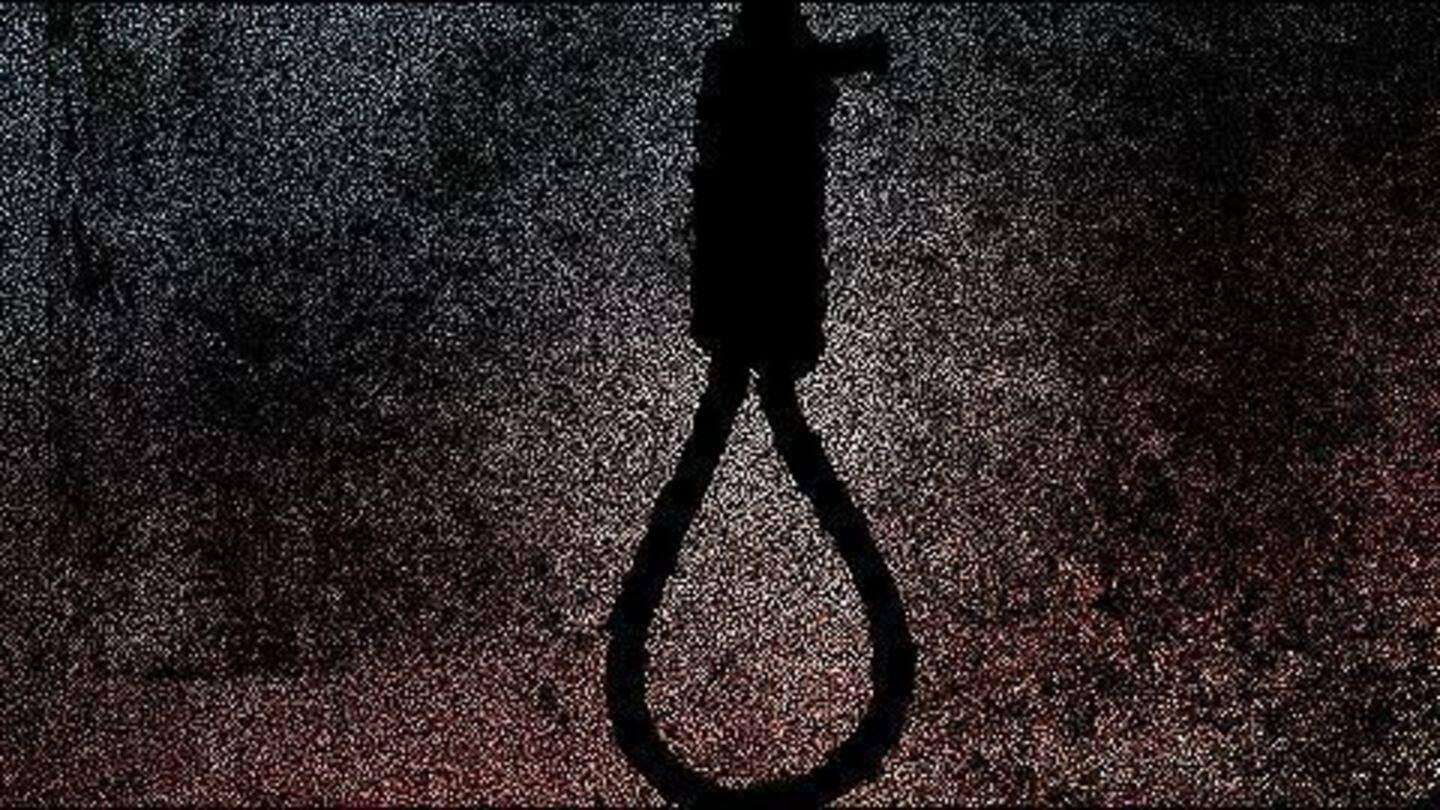
Islam leader Nizami hanged for war crimes
What's the story
Bangladesh has hanged Motiur Rahman Nizami-head of banned Islamist party Jamaat-e-Islami for the atrocities committed during Bangladesh's Liberation War against Pakistan in 1971. He was hanged at the Dhaka Central Jail at 12:01 am today; the Supreme Court rejected his final appeal against capital punishment on 5 May'16. Security has been tightened in Bangladesh to avoid disturbances ahead of Nizami's execution.
Introduction
Who was Motiur Rahman Nizami?
Motiur Rahman Nizami, born on 31 March 1943, was a Bangladeshi politician, Islam preacher, and a former leader of Islamist party-'Jamaat-e-Islami'. He served as Member of Parliament from the Pabna constituency from 1991-96 and 2001-06. He also served as the Minister of Industry and Agriculture from 2001-06. He appeared thrice on 'The 500 Most Influential Muslims' published by Royal Islamic Strategic Studies Centre.
2009
International Crimes Tribunal set up by Bangladesh Govt
In 2009, the Sheikh Hasina-led Awami League Government had established a tribunal to investigate the atrocities committed during the 1971 Bangladesh Liberation War. Nizami, along with eight Jamaat leaders and two Bangladesh National Party leaders were charged with war crimes. Opposition parties and human rights activists alleged that the ruling party was politicizing the issue as only members of the opposition were targeted.
Personal
Nizami charged with smuggling of arms
In May 2011, Nizami was arrested on charges of smuggling arms to some insurgents in Assam in 2004. His bail plea was rejected was sentenced to death in 2014.
2010-14
Nizami arrested for war crimes, appeals against punishment
Subsequently, he was arrested for his alleged role as a commander in the Al-Badr group, which acted against the independence of Bangladesh from Pakistan during the 1971 Liberation War. Nizami was the last chief suspect in the case to be tried in Jun'14 owing to his ill health. In Oct'14, he was sentenced to death; he had appealed against the capital punishment in Nov'14.
2015-16
Bangladesh SC upholds ICT's death penalty
The Bangladesh Supreme Court had started hearing Nizami's appeal against the death sentence in Sep'15; the charges against him were genocide, rape, loot and execution during 1971. The court rejected the 72-year-old's appeal against capital punishment. In Mar'16, Nizami sought a review of his sentence; the review was scheduled for 4 Apr'16. However, the Bangladesh SC had upheld International Crimes Tribunal's capital punishment.
Personal
Bangladesh SC ‘dismissed’ Nizami’s final appeal
On 5 May 2016, the Bangladesh SC bench led by Chief Justice Surendra Kumar Sinha cleared the way for the government to hang Nizami. Rejecting the plea, the Chief Justice had reportedly pronounced a single-world judgment and uttered, "Dismissed."
Other Cases
Nizami’s involvement in other cases
In May'08, Bangladesh's Anti-Corruption Commission accused Nizami of corruption in the GATCO case, in which 12 other politicians were also involved. Bangladeshi government faced a loss of BDT 100 million because of the GATCO contract. In 2010, Bangladesh Tariq Federation sued Rafiqul Islami, Nizami and other Jamaat members for hurting the sentiments of the Muslims in Bangladesh by comparing Nizami to the Prophet.